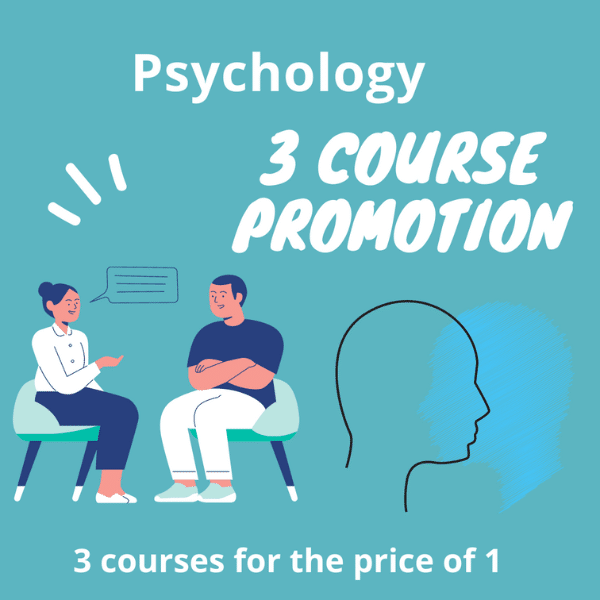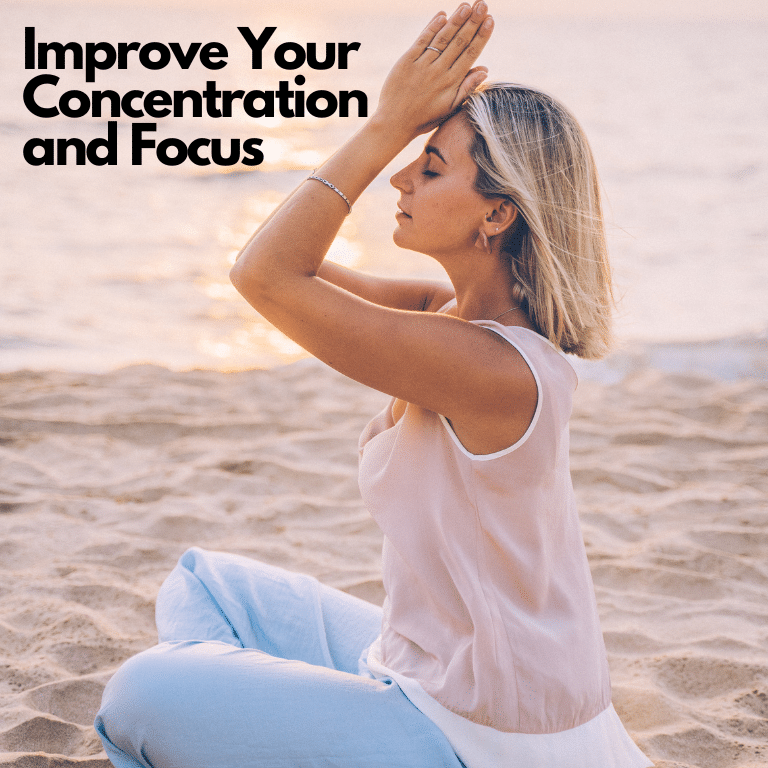
Time limited offer
Get 3 of our courses for the price of one!
✔️ Receive training in all the major schools of psychology.
✔️ You can do the courses one at a time! You can even gift one to a colleague.
✔️ A Diploma Certificate is awarded for each course successfully completed.
✔️ There is no time limit for completion – take your time and enjoy the learning.








